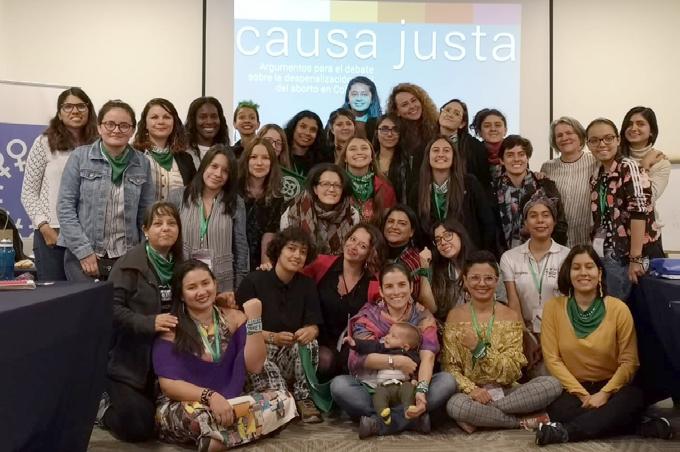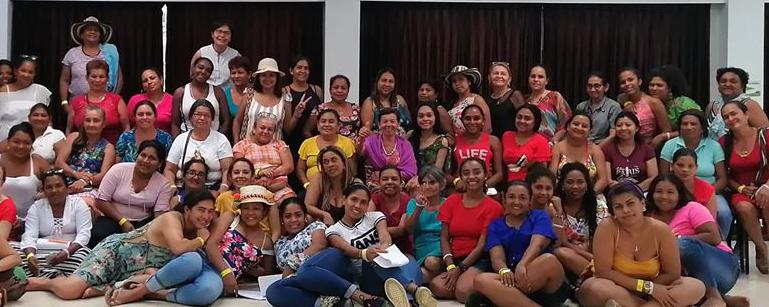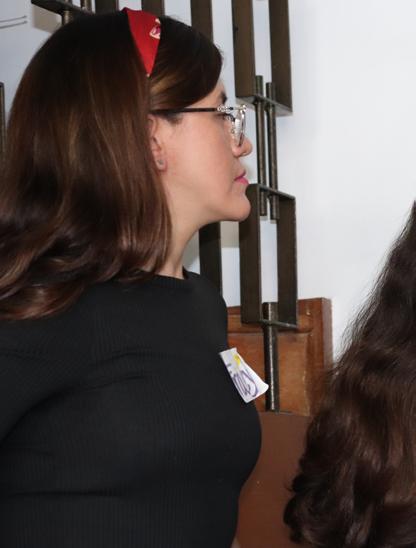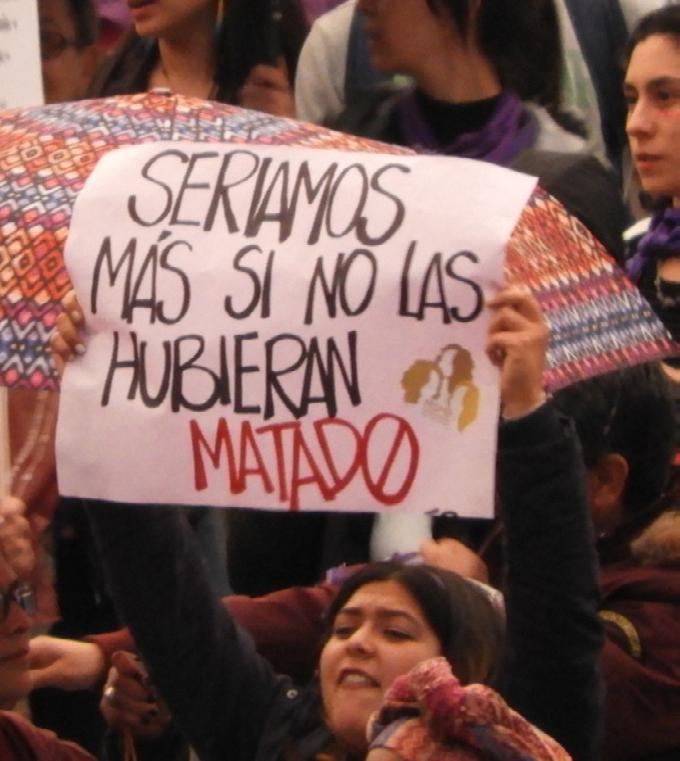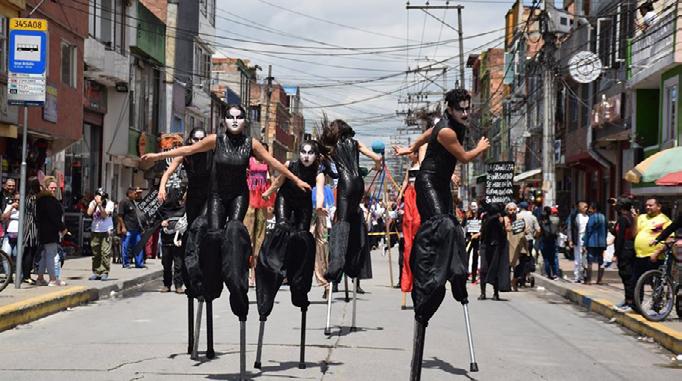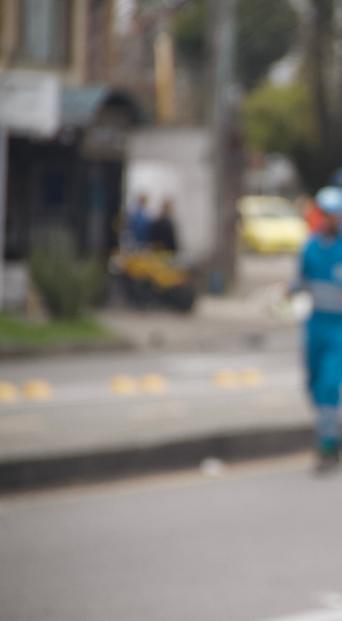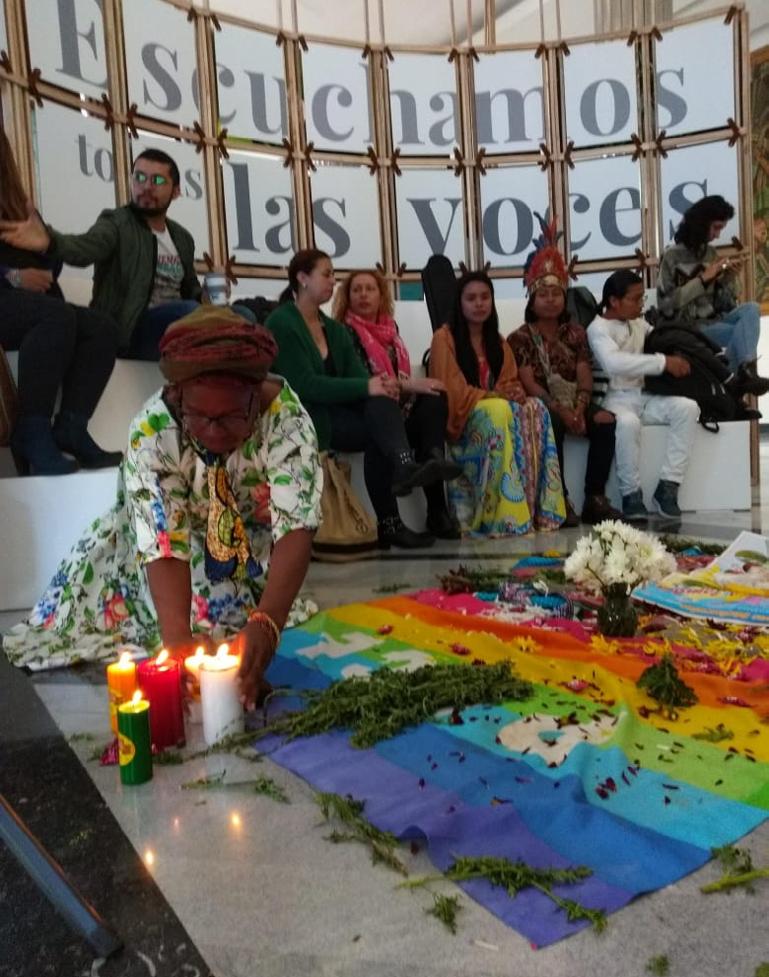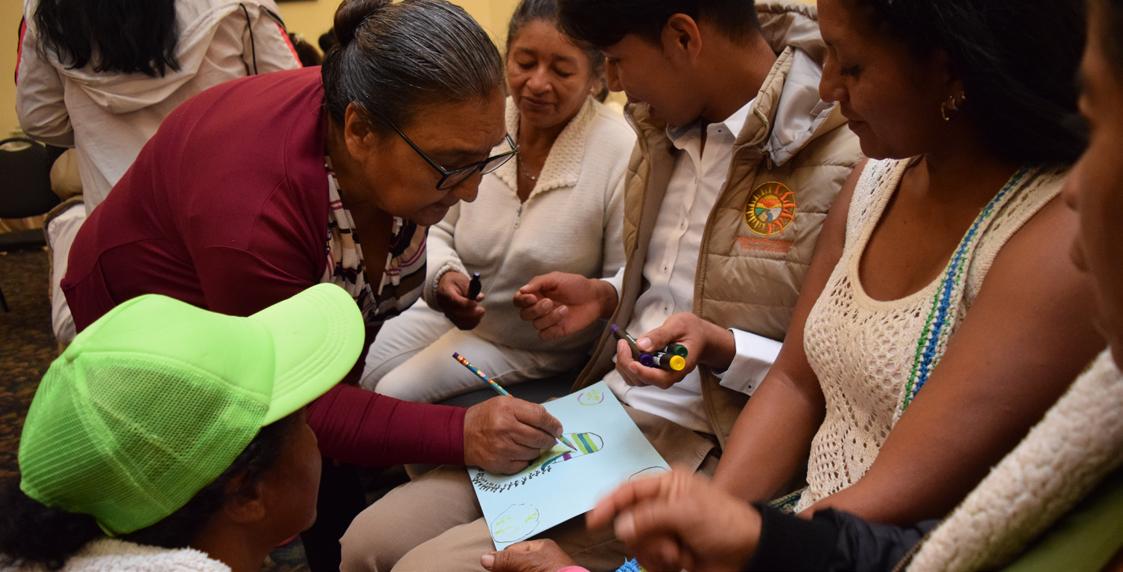
4 minute read
A Two-way Street
osa and Catherine are two women who have different perspectives but have both experienced the journey involved in trying to exercise women’s sexual and reproductive rights in distant rural areas or in the territorial spaces of training and reincorporation (ETCR 1 ). The first perspective is that of the patient, Rosa, a quiet woman with downcast eyes and slow movements, who was invited by a friend to a sexual and reproductive health brigade held in the CharrasGuaviare ETCR. She is 29 years old and lives in precarious conditions on the other side of the river. Her neighbor decided to take her to the brigade because she knew about the domestic abuse that Rosa faces at the hands of her partner, that her three children were taken into protective custody by the Colombian Institute for Family Welfare, and that after the birth of her last child, she 1 Translator’s note: ETCR’s are reincorporation spaces created for ex-combatants from the FARC under the Peace Agreement. wasn’t provided with a contraception method at the hospital. During the doctor’s visit, she was given a pregnancy test as the doctor had already identified several risk factors. When talking with her about the positive result, she raised her voice for the first time to express her serious anxiety: “You mean I am expecting?! I can’t have another child, I told him [referring to her partner] that if I got pregnant again that it couldn’t continue... he didn’t let me use protection, he doesn’t do anything, and now we don’t have a healthcare card.” On the other side is Catherine, a general practitioner with a healthcare provider in Ipiales. At her doctor’s office it is common to see women requesting a voluntary termination of pregnancy (VTP). However, it is very difficult for her to immediately respond due to the lack of services in her workplace. She is respectful of women’s sexual and reproductive rights, but recognizes that she has colleagues who do not provide women with information even though they know that for many women, for example women migrants, their journey will not only be longer but also more dangerous unless they can find safe services. She also acknowledges that as an employee there is little she can do. Both sides of the story reflect how access to sexual and reproductive health services is a two-way street. First, is a social context where gender TEXT: LADY ALBA, Fundación Oriéntame Project Coordinator
SRR outreach must continue in the face of the Constitutional Court’s review of its decision on VTP. R PHOTO : Fundación Oriéntame.
violence goes unpunished—as is the case with Rosa’s abuser—where there is a lack of empowerment and highlevels of disinformation, as is shown by all of the obstacles that she has to face to exercise her reproductive right. This is expressed in her wish to “not have more children who will be taken by the Institute for Family Welfare.” Second, is an institutional structure that does not provide a timely response, and which has limited services due to a lack of administrative decisions and political will to provide sexual and reproductive health services that take into account women’s specific needs.
Luckily for Rosa and Catherine, there have been some favorable changes. Thanks to a FOKUS and Oriéntame initiative that, by means of the Sexual and Reproductive Rights program, works to reduce access barriers and increase Colombian women’s neighbors such as Rosa’s are not afraid to advocate for other women and so they can keep replicating knowledge in their communities.
On the other hand, Catherine was strengthened as a healthcare professional interested in sexual and reproductive rights through the project “Women Without Barriers.” The project’s actions have made it possible to accompany several hospitals in the regions, including the institution where Catherine works, and also make assistance available to manage, organize, and implement first-level complexity VTPs. In the case of Dr. Catherine, this support gave her access to training on the Manual Vacuum Aspiration (MVA) technique. This is a technique used to provide safe and quality outpatient abortions, making it possible for women from rural areas to avoid a trip to the country’s capital or other cities to receive attention. Sexual and reproductive health Brigades, carried out by Oriéntame with the support of FOKUS. PHOTO : Fundación Oriéntame.
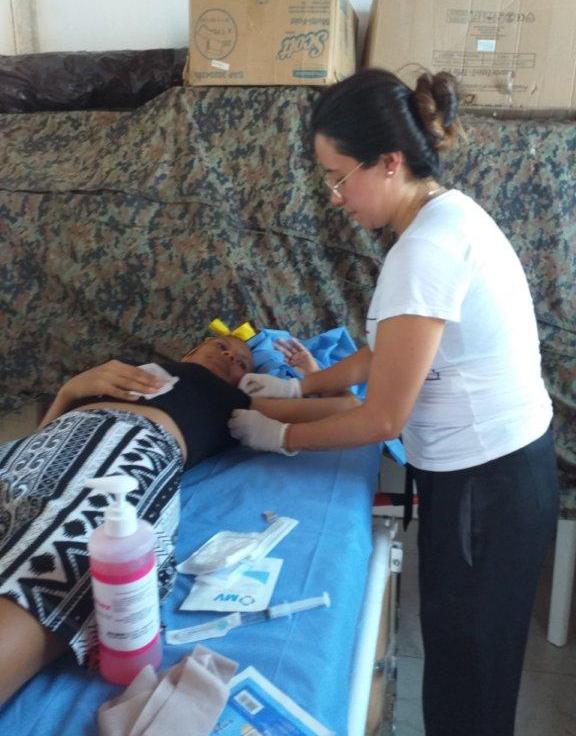
In this crucial moment for the peace agreement’s implementation, and in the context of a revision of the Constitutional Court decision regarding the right to a voluntary termination of pregnancy in Colombia, it is very important to continue raising awareness with healthcare professionals, strengthening institutions, and empowering women on their reproductive autonomy so that legal rights are reflected in practice, meaning that all Colombian women can enjoy a healthy and safe sex life. Rosa is just one example of the thousands of women who still do not receive quality care and Catherine is an exception to the rule in a world where there are more doctors who object and stigmatize patients than those who respect their rights. FM reproductive autonomy. The program carries out Sexual and Reproductive Health brigades and strengthens hospitals, youth collectives, and healthcare professionals. Rose, who lives in an isolated rural area, could not access the long-term contraceptive method she was looking for or safe and quality abortion services; a situation that would not have been resolved if it hadn’t been for the health brigade offered within project 1325 which, in addition to providing services, also seeks to provide information on rights so that To guarantee Sexual and Reproductive Rights, raising awareness with health workers is imperative.
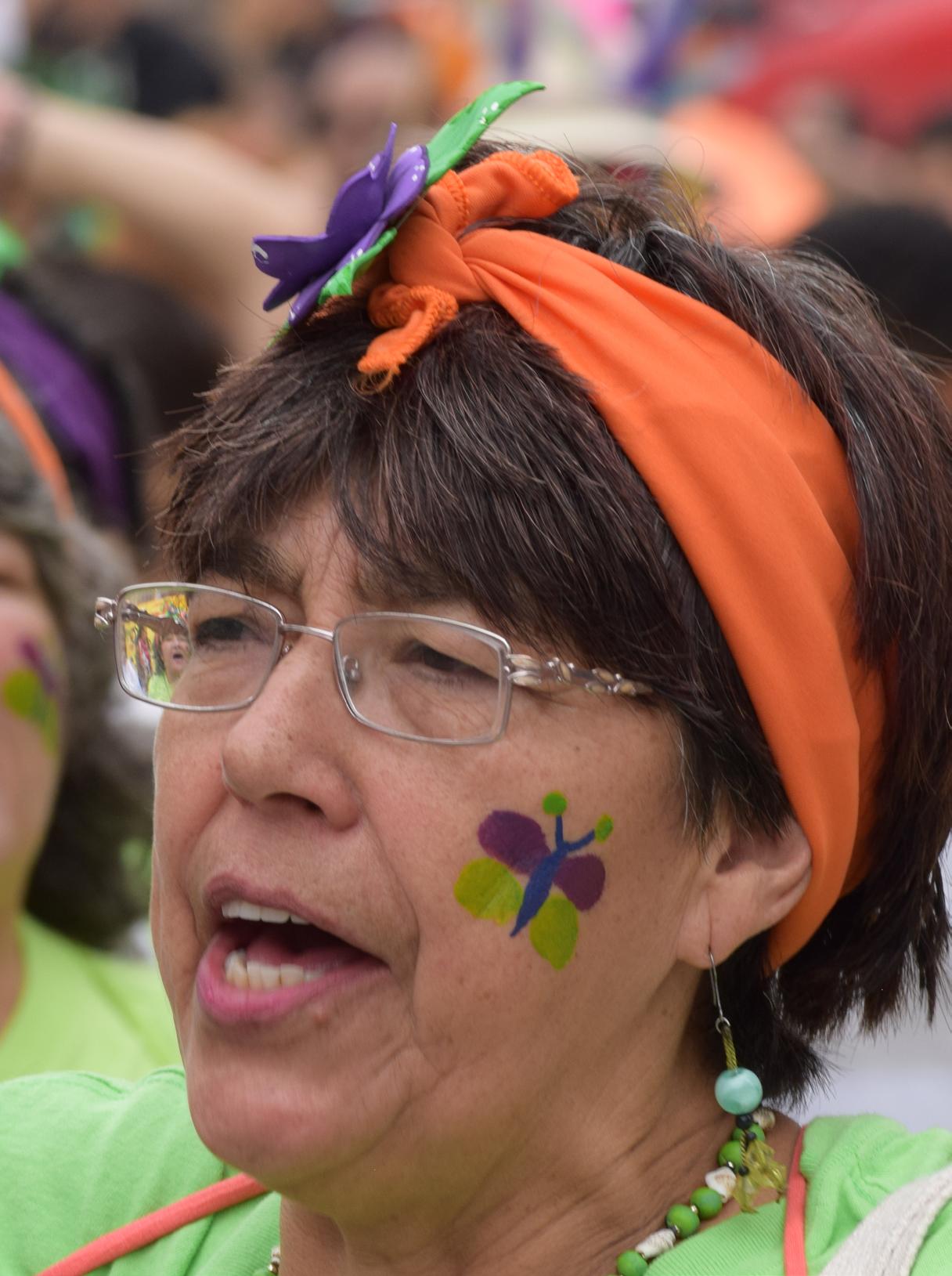
Photo FOKUS 2016 Carnival for Life. Organized by Centro de Promoción y Cultura (Center for Promotion and Culture). Bogotá.

